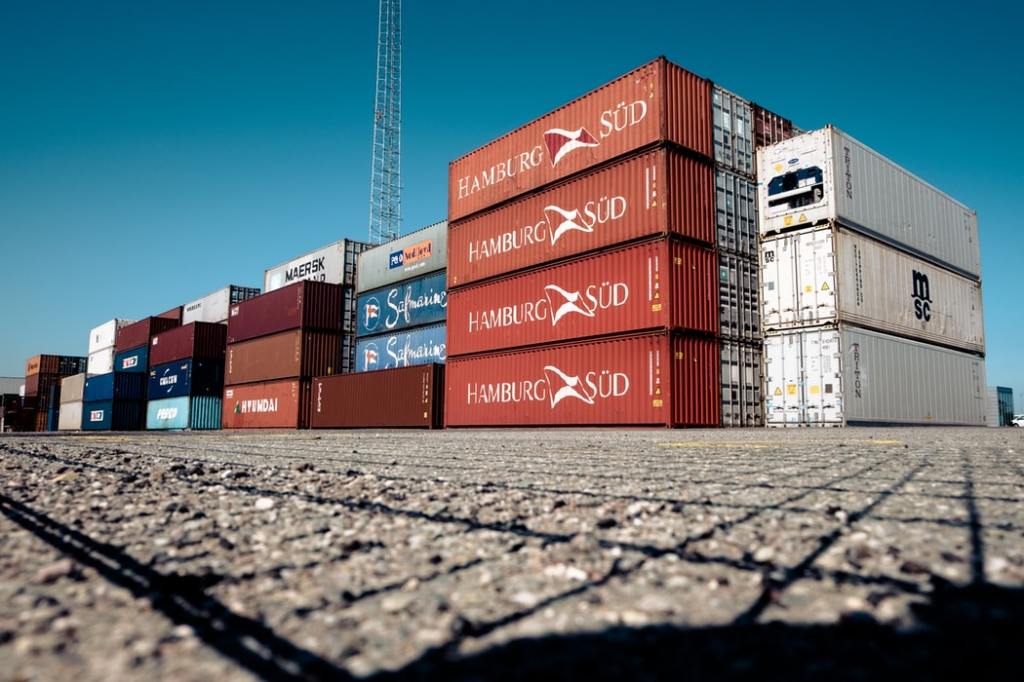FATF to set sights on environmental crime
Tribune News Service, 26 June 2021
 The global Financial Action Task Force (FATF), better known for tackling money laundering and terrorist financing, will now turn its attention to ‘environmental crime’, one of the most profitable criminal enterprises, generating around $ 110 – 280 billion in criminal gains each year. It covers a wide range of unlawful activities such as illegal logging, illegal wildlife trade and waste trafficking.
The global Financial Action Task Force (FATF), better known for tackling money laundering and terrorist financing, will now turn its attention to ‘environmental crime’, one of the most profitable criminal enterprises, generating around $ 110 – 280 billion in criminal gains each year. It covers a wide range of unlawful activities such as illegal logging, illegal wildlife trade and waste trafficking.
The FATF has called on all countries to assess their money laundering risks related to the illegal wildlife trade and to ensure that there is a robust legal framework to go after the finances of wildlife traffickers, and to pursue financial investigations. Continue reading “Article: FATF to set sights on environmental crime”

 Trade-based money laundering and associated tax evasion is big business. Financial losses from these crimes in developing countries totalled $9 trillion between 2008 and 2017. Global trade complexities make tackling this type of money laundering difficult, but not impossible.
Trade-based money laundering and associated tax evasion is big business. Financial losses from these crimes in developing countries totalled $9 trillion between 2008 and 2017. Global trade complexities make tackling this type of money laundering difficult, but not impossible. Pressure is growing on financial institutions to toughen their approach to environmental crime, with G7 leaders vowing to crack down on the illicit fund flows supporting wildlife trafficking and campaign groups warning that the activity has morphed from a conservation issue to a financial crime concern.
Pressure is growing on financial institutions to toughen their approach to environmental crime, with G7 leaders vowing to crack down on the illicit fund flows supporting wildlife trafficking and campaign groups warning that the activity has morphed from a conservation issue to a financial crime concern.